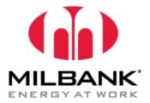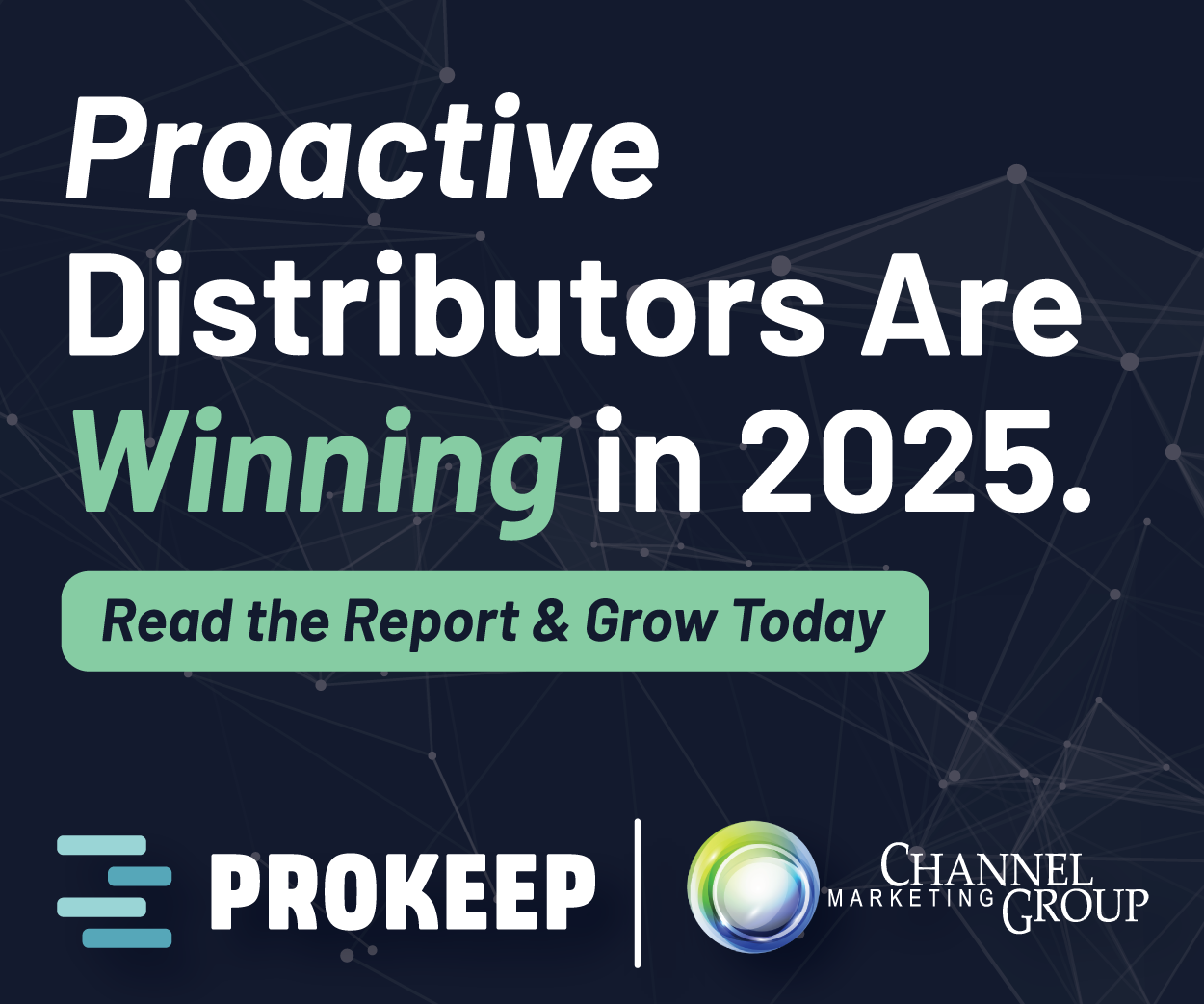Quarterly Updates and News in the Distribution Equipment / Controls Space
 As earning season continues we continue to review analyst calls. Some interesting, some blase, but … And this time we have input from the distribution equipment / controls space – Schneider Electric, Eaton and news from Emerson.
As earning season continues we continue to review analyst calls. Some interesting, some blase, but … And this time we have input from the distribution equipment / controls space – Schneider Electric, Eaton and news from Emerson.
Emerson
The blockbuster news was that Emerson initiated discussions with Rockwell, trying to generate a conversation. Emerson, according to reports, has been rebuffed to date. While it would be a way to make Emerson more relevant in the electrical distribution space and important to a selected group of distributors, it appears to be a reach as Rockwell doesn’t see the synergy on many levels. Additionally, it could speak to concerns from Emerson’s Appleton division in light of the ABB / T&B and eventually GE conglomeration as well as the Eaton offering (Eaton’s distribution equipment / controls offering combined with Eaton Crouse Hinds). Appleton may be the “odd man out” whereas years ago it was considered a potential aggregator. If Emerson cannot make more acquisitions in the electrical space, the result could be diminished potential for Appleton in the industrial space unless products are so much more superior that they are specified / “demanded” by end-users.
On the flip side, with it no being public that Emerson approached Rockwell and the third offer ($215/share), this could open the door for other companies to consider approaching Rockwell. There have always been talk of Eaton and Rockwell (as there were talks of Cooper and Rockwell before Cooper sold to Eaton); ABB and Rockwell; Siemens and Rockwell – all of which could have challenges to a deal / possible antitrust issues. But what about Honeywell given their IoT initiatives? Johnson Controls? Private equity? Really off the wall – Microsoft or CISCO who partner with Rockwell in Rockwell’s Connected Enterprise initiative (would give both companies a “cash flow” division?
Whom do you think could acquire Rockwell? Or do you think no one will?
Schneider Electric
From Schneider’s earnings call and with a focus on the US market (and click here for the earnings slides):
- Worldwide, organic growth up 2.7%
- Growth segments are
- Low voltage (5%)
- Growing in all 4 regions
- North America up.
- New resi doing well.
- Growth in data centers
- North America up.
- Growing in all 4 regions
- Secure power (up .3%)
- North America disappointing as US down more than expected
- Industrial automation (6.9%)
- Good growth in US with OEM demand and some in oil / gas
- Low voltage (5%)
- These segments ran at a combined 4.3%.
- Medium voltage growing at 1% worldwide
- Worldwide wiring device business up mid-single digits
- Industrial software up 3%
- Service business up high single digits
- Growth segments are
- North America & US
- North America -1%
- US – FLAT
- “Largely on selectivity for medium voltage”
- Growth in low voltage – expect to continue
- Growth in industrial distribution – expect to continue
- Low backlog in medium voltage
- Company is pushing “cross selling” across its businesses (question becomes if distributors are authorized for multiple products types / segments or if Schneider sales personnel are pushing the cross-selling at the end-user and then distribution splits the order? Should Schneider electrical distributors consider purchasing Schneider HVAC distributors to increase their reach in the commercial space?)
- Achieving double digit growth in specific vertical markets such as food and beverage, healthcare, cloud / service provider (data centers). (Highlights the benefits of a vertical focus. Distributors in metropolitan markets could dedicate personnel to specific verticals and perhaps could achieve similar … and be the leader of participating suppliers.)
- Expect more “negative impact to come” regarding raw materials (which negatively impact manufacturers initially but will result in price increases to distributors.)
- An analyst commented that “they”, and some other manufacturers, are “seeing early signs of slowdown in nonresidential markets” and that they expect “slower growth rates” (something for distributors and manufacturers to consider in their budgeting processes.)
- Schneider commented that they see “dynamism” in the commercial / industrial building market.
- Growth in low voltage, industrial automation
- Somewhat pessimistic for medium voltage
- Grid automation is positive but a niche and small segment of the business.
- Somewhat pessimistic for IT segment
- Schneider commented that they see “dynamism” in the commercial / industrial building market.
Schneider Electric is continuing to grow. They are the commercial / resi market share leader in the US through electrical distribution although, from speaking with a few distributors, they can be “challenging” or perhaps “exasperating” to work with. This could be geographically rather than nationally. On the industrial side they lag, especially vs Rockwell and others. But the Square D brand is the preferred brand … and their typically exclusive relationship with a distributor makes them important to that distributor and desirable, but typically unattainable, for others.
ABB and GE
As everyone knows, ABB won the GE Industrial Solutions sweepstakes and is now in the process of due digilence / regulatory approvals / etc which is expected to take a minimum of six months so not much can be known about longer-term integration and strategy.
However, after the deal was announced, ABB did have a conference call to discuss the acquisition. Here are some key points:
- GE Industrial Solutions has $2.7 billion in revenues (and with a purchase price of $2.6 billion it went for 96.3% of revenues, which, from viewing other deals, is a little low as typically manufacturer deals seem to go for a minimum of 100% sales)
- Operational EBITDA of 8% and EBITA of 6%
- There is a long-term license to use the GE Industrial Solutions “spread” (can use the GE Industrial Solutions name for “a couple of product life cycles”. This will become interesting in time as to which “brand” a distributor represents, or is willing to represent, based upon their supplier linecard and which product offerings from ABB (ABB, T&B, GE) that they desire to offer and what other gear / control lines they carry. Will be interesting negotiations and marketing but could be an opportunity for distributors who frequently have been known based upon their gear / control line. Now, perhaps, they need to be known for their broad offering, not for their manufacturer alignment?)
- Viewed as a “long haul business for GE, but significant value creation potential for ABB Electrification driven by our innovation leadership and cost synergy”
- Deal includes a long-term agreement for ABB to supply GE with product and solutions from “across the ABB portfolio” (wonder how much “beyond” the GE product offering the agreement could be? Could it benefit T&B or more other ABB offerings? This is touted as a significant part of the deal as it “safeguards value creation” and makes the deal accretive to earnings in year 1.)
- ABB touted GE’s strengths as:
- Strong manufacturing footprint
- Extensive distribution and service network, especially in North America
- Nine global R&D centers
- Strong portfolio of solutions for commercial, residential and industrial margins (interesting mention margins rather than sales)
- Strong customer (channel) relationships
- Feel that GE low voltage will benefit from ABB electrification technology
- Provides access to GE’s “large installed base” (which, if true, provides MRO opportunities, but to grow in this space need to gain specifications for new construction. There is a reason why GE was considered to have #3 market share. The big benefit for ABB is that it now starts with that market share as its base upon which to grow.)
- Belief is that 20% of the installed base in US is GE Industrial Solutions
- ABB is now able to offer a “complete switchgear solution” which is a prerequisite for many customers.
- ABB expects to “reinvigorate GE Industrial Solutions’ portfolio by leveraging and bringing in ABB technology (so, expect new product. ABB will be investing in product development, which also means the need for training as well as marketing of these products.)
- Admit that GE has had a decline in market share, which needs to be stopped.
- Shared that they will retain key (not all) management, engineering and sales staff
- Expect some cost synergies
- First objective is fixing the profitability of GE Industrial, then focusing on growing the business.
- ABB said “award of challenges inside the GE business” (and comments from GE employees on other ElectricalTrends postings point to morale and other issues internally)
- Margin issues
- Low reinvestment into the business
- Some products “aged”, especially regarding technology
- Declining market share
- Parts of GE Industrial outside US don’t have the scale
- ABB planning one-time cost of $400M to “bring business back to strength” (the channel will be interested to know where these monies will be spent? Product, sales personnel, sales support, marketing, ???)
- Looking to see the GE Industrial business begin to start growing again in 2020. The first couple of years will focus around improving profitability.
- Expect the electrical market to grow with GDP going forward
- Overall, ABB Electrification is $10 billion and 42,500 people.
- Since 2010, ABB has invested $14 billion (with GE) in the US and has 20,000 employees in 60+ manufacturing sites
Observation
In looking at the three companies:
- Industrial is growing
- There is some raw materials impact on these companies which will result in price increases
- Has Rockwell been put in play … at the right price? And would this impact that business from a channel perspective?
- GE is “wait and see” but don’t expect much in the next year






















